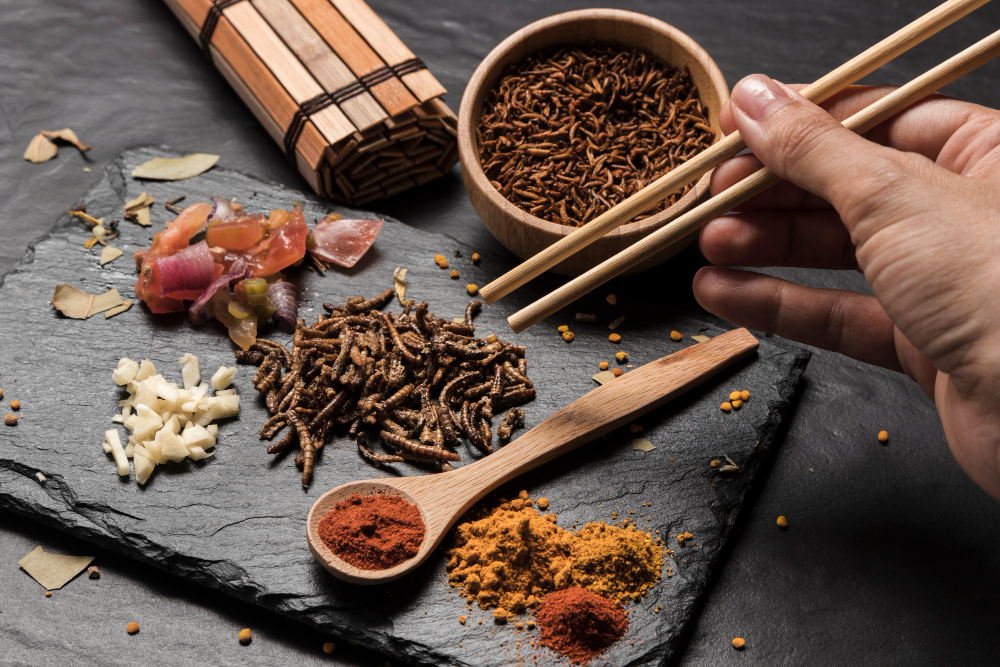1. Basic Concepts
TCM andrology is an important branch of Traditional Chinese Medicine, focusing on male reproductive system disorders and functional issues, such as sexual dysfunction, prostate diseases, and infertility. TCM employs syndrome differentiation and treatment, combining herbal medicine, acupuncture, and Tui Na (therapeutic massage) to regulate yin-yang balance and restore male health.
2. Treatment Principles
- Syndrome Differentiation and Treatment: Tailors treatment plans based on the patient’s specific symptoms and constitution, identifying causes such as kidney deficiency, liver stagnation, or damp-heat.
- Regulating Yin and Yang: Restores yin-yang balance and improves organ function through herbal medicine and therapies.
- Strengthening the Kidneys: The kidneys are considered the foundation of vitality in TCM, and many male disorders are associated with kidney deficiency. Thus, tonifying the kidneys is a core aspect of treatment.
- Unblocking Meridians: Promotes qi and blood circulation through acupuncture and Tui Na.
3. Common Male Disorders and TCM Treatments
- Sexual Dysfunction (e.g., erectile dysfunction, premature ejaculation):
- Causes: Often related to kidney deficiency, liver stagnation, or heart-spleen deficiency.
- Treatment:
- Herbal Medicine: Commonly used kidney-tonifying and yang-strengthening herbs include deer antler (Lu Rong), epimedium (Yin Yang Huo), and goji berries (Gou Qi Zi).
- Acupuncture: Selects acupoints such as Guanyuan (CV4), Shenshu (BL23), and Mingmen (GV4) to tonify the kidneys and strengthen yang.
- Tui Na: Massages the lower back and abdomen to promote local blood circulation.
- Prostate Diseases (e.g., prostatitis, benign prostatic hyperplasia):
- Causes: Often related to damp-heat accumulation or qi stagnation and blood stasis.
- Treatment:
- Herbal Medicine: Clears heat, eliminates dampness, and promotes blood circulation. Commonly used herbs include plantain seeds (Che Qian Zi), salvia (Dan Shen), and phellodendron bark (Huang Bai).
- Acupuncture: Selects acupoints such as Zhongji (CV3), Pangguangshu (BL28), and Sanyinjiao (SP6) to clear heat and dampness.
- Dietary Therapy: Avoids spicy and irritating foods; emphasizes light and diuretic foods.
- Infertility:
- Causes: Often related to kidney essence deficiency or qi and blood deficiency.
- Treatment:
- Herbal Medicine: Tonifies the kidneys, replenishes essence, and nourishes qi and blood. Commonly used herbs include prepared rehmannia (Shu Di Huang), Chinese yam (Shan Yao), and dodder seeds (Tu Si Zi).
- Acupuncture: Selects acupoints such as Shenshu (BL23), Guanyuan (CV4), and Zusanli (ST36) to tonify the kidneys and essence.
- Lifestyle Adjustments: Avoids staying up late and overexertion; maintains a regular routine.
- Male Menopause Syndrome:
- Causes: Often related to declining kidney qi or liver stagnation.
- Treatment:
- Herbal Medicine: Tonifies the kidneys, soothes the liver, and harmonizes yin and yang. Commonly used herbs include bupleurum (Chai Hu), white peony root (Bai Shao), and prepared rehmannia (Shu Di Huang).
- Acupuncture: Selects acupoints such as Taichong (LR3), Ganshu (BL18), and Shenshu (BL23) to soothe the liver and relieve stagnation.
- Psychological Adjustment: Maintains a positive mood and avoids anxiety.
4. Common TCM Treatment Methods
- Herbal Medicine:
- Prescribes herbal formulas based on syndrome differentiation, such as kidney-tonifying, liver-soothing, heat-clearing, or blood-activating formulas.
- Common formulas: Liuwei Dihuang Wan, Jingui Shenqi Wan, and Xiaoyao San.
- Acupuncture:
- Stimulates specific acupoints to regulate qi and blood and improve organ function.
- Common acupoints: Guanyuan (CV4), Shenshu (BL23), Mingmen (GV4), and Sanyinjiao (SP6).
- Tui Na (Therapeutic Massage):
- Massages the lower back and abdomen to promote local blood circulation and alleviate symptoms.
- Dietary Therapy:
- Selects appropriate foods based on constitution, such as kidney-tonifying foods (black beans, walnuts) or heat-clearing foods (winter melon, mung beans).
- Lifestyle Adjustments:
- Avoids staying up late and overexertion; maintains a regular routine and moderate exercise.
5. Treatment Advantages
- Holistic Regulation: Addresses both symptoms and systemic functions.
- Personalized Treatment: Tailors treatment plans based on individual constitution and causes.
- Minimal Side Effects: Herbal medicine and acupuncture have fewer side effects.
- Prevention and Treatment: Emphasizes daily調理 to prevent recurrence.
6. Precautions
- Choose a Qualified Practitioner: Ensures safe and effective treatment.
- Consistency in Treatment: Male disorders are often chronic and require long-term調理.
- Lifestyle Adjustments: Includes quitting smoking, limiting alcohol, maintaining a regular routine, and exercising moderately.
- Psychological Adjustment: Maintains a positive mindset and avoids anxiety and stress.
7. Contraindications
- Acute Infections: Such as acute prostatitis; requires controlling the infection first.
- Severe Organic Lesions: Such as tumors; requires integration with modern medical treatments.
- Allergic Constitution: Caution for those allergic to herbal medicine or acupuncture.
Summary
TCM treatment for male disorders emphasizes syndrome differentiation and treatment, using herbal medicine, acupuncture, and Tui Na to regulate yin-yang balance and improve organ function. Its advantages include holistic regulation, personalized treatment, and minimal side effects. However, it requires choosing a qualified practitioner and making lifestyle adjustments to achieve optimal results.



